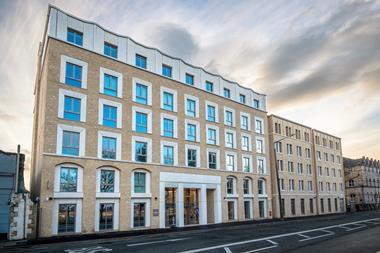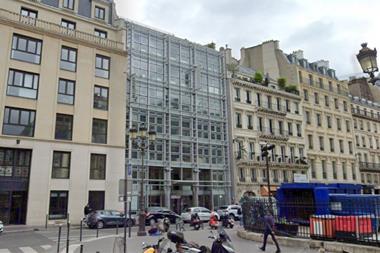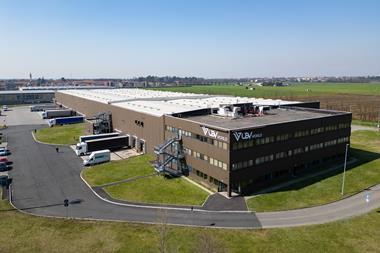EUROPE - Third-quarter data released by Aberdeen Asset Management suggest an increase in appetite for the Finnish real estate market despite euro-zone exposure.
The fund manager closed deals in Finland worth €40m in the last quarter - around 10% of total transactions - across asset classes.
It made the acquisitions for three domestic real estate funds with €1bn in assets under management, and international funds with an additional €0.5bn exposure to the Finnish market.
Much of Aberdeen's recent on-market transaction activity has taken place in small cities outside capital Helsinki, where yields on prime assets in the central business district are more than 5%.
Pertti Vanhanen, head of property fund management at Aberdeen Finland, told IP Real Estate: "Today, secondary markets are much weaker, but we have small offices in four university cities, which give us good market information and good information from tenants — not least because we speak the same language.
"This has been a luxury for us, and it makes us confident as investors in smaller cities."
Transaction volumes in Finland in 2010 and 2011 were roughly equivalent to those in 2002 before the market internationalised.
Volumes now total around €2bn (around a third international), compared with €6bn (half international) at the market peak.
Despite the ongoing euro-zone crisis, Vanhanen said adopting the euro had benefitted Finland's property market because of its positive impact on interest rates and the elimination of currency risk.
"We don't yet know how the euro-zone crisis will impact the Nordic markets, but Finland is next to Russia, and the Russian economy is strongly related to the oil price, not the euro-zone," he said.
"There is no recession in Russia, and only 380km between Helsinki and Saint Petersburg's 5m inhabitants - a population equal to that of Finland."
Vanhanen also attributed appetite for Finnish property to broader Nordic macroeconomic optimism.
"The fact Finland is a Nordic market is one reason why we're in a very good position," he said. "The Norwegians have oil, Denmark is next to Germany, and Sweden is a big and diversified economy.
"One big benefit in the Nordics is that the banking system is healthy. Although lending is more expensive, interest rates are lower, so the total cost of debt is not that much different."
Aberdeen has €9bn invested in the Nordic markets. Its house view is for an above-euro-zone total return in the Nordic property markets because of lower government and household debt, declining unemployment and relatively healthy GDP forecasts.












